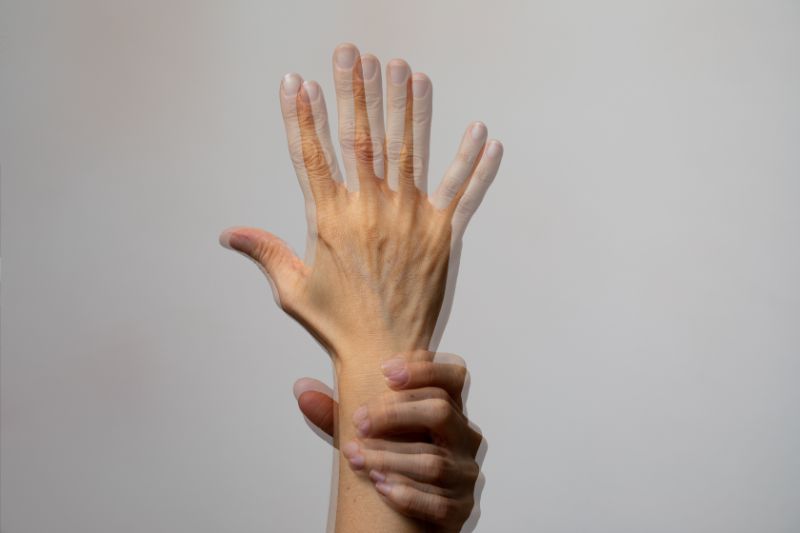
Double vision, or diplopia, is when you see two simultaneous images of a single object. The two images may appear side by side, on top of each other, or at an angle.
Various underlying conditions, nerve damage, or certain medications can cause it. Treatment for double vision depends on its underlying cause and may range from prescription glasses to surgery in severe cases.
If you have double vision, seeking medical attention as soon as possible is important since it could be a symptom of an underlying condition. At EyesNY, we offer treatment options for diplopia that best adjust to your needs. Our experienced team of specialists offers caring and custom eye care.
There are two main types of double vision or diplopia:
When the issue is present in a single eye, it is called monocular diplopia. Nearsightedness or farsightedness, cataracts, or other related eye problems can cause it. Monocular diplopia can be easily treated and corrected with glasses or surgery.
When both eyes see double, this condition is called binocular diplopia. This type of diplopia can be caused by eye misalignment, or it may be a symptom of an underlying condition. In this case, treatment will depend on the underlying condition and may include vision therapy, eye exercises, medication, or surgery.
Multiple factors can cause diplopia. These vary depending on the type of type of diplopia you have.
Double vision can also be caused by underlying conditions, such as:
Getting medical assistance is crucial to determine what underlying condition may be causing your symptoms. Treatment should start promptly.
Our specialists might ask about your medical or family history of eye diseases during your eye exam. Also, reviewing your overall health state will help determine the cause of diplopia.
People with monocular diplopia will need an eye exam before confirming a diagnosis.
To provide a diagnosis for binocular diplopia, your Ophthalmologist may perform multiple tests and studies, including:
Treatment of diplopia depends on its underlying cause. Common treatment options include:
Consulting our specialists will help you determine the underlying cause of your diplopia and develop an appropriate treatment plan for you.
EyesNY offers multiple treatment options to help patients detect the cause of double vision and tailor a personalized treatment. Our specialized team of ophthalmologists is ready to assess your needs and give you the high-quality vision care you deserve.
We work with cutting-edge technology to identify the root cause of your condition and create personalized treatment plans. Our caring staff is ready to welcome you and meet your ocular health and vision needs. We offer comprehensive ophthalmology services, including treatment for double vision or diplopia.
If you’d like a consultation or more information, contact us, schedule an appointment online, or visit our clinics. You can also visit any of our clinic locations around New York, including Malta, Clifton Park, Troy, Saratoga Springs, and Queensbury.
Malta
658 Malta Ave., Ste 101
Malta, NY 12020
Phone: (518) 580-0553
Saratoga Springs
414 Maple Ave Ste 200
Saratoga Springs, NY 12866
Phone: (518) 580-0553
Clifton Park
1712 U.S. 9
Clifton Park, NY 12065
Phone: (518) 580-0553
Queensbury
535 Bay Road
Queensbury, NY 12804
Phone: (518) 580-0553
Troy
2200 Burdett Street Ste 206
Troy, NY 12180
Phone: (518) 580-0553
